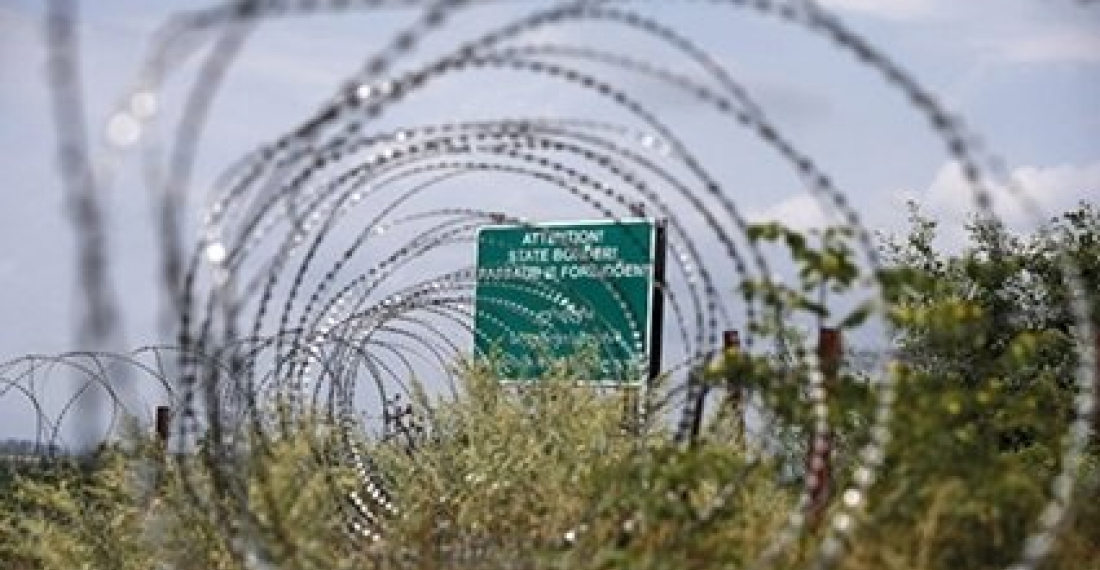Georgia has triggered consultations with the international community following a new wave in the process of borderisation initiated by Russian backed Tskhinvali forces in the South Ossetia conflict zone. The recent activity was noted in a particularly sensitive area, near the village of Khurvaleti, which is close to the strategic highway that connects Western Georgia with Eastern Georgia, to the north of the capital, Tbilisi.
The Georgian State Security Service in a statement on Saturday (12 September) said that it had activated the hotline with the Tskhinvali based authorities to call for a prompt discontinuation of activities that are “extremely damaging to the security environment”.
Georgia has also initiated consultations with the EU, the UN and the OSCE, the Co-Chairs of the Geneva International Discussions, as well as Georgia’s international partners on the matter. The Geneva International Discussions have been ongoing since 2008 with a view to helping the sides in the conflict manage the situation on the ground and move towards a negotiated solution
In their Statement, the Georgian State Security Service also pointed out that “the illegal destructive activities” by occupation forces “extremely aggravate the everyday life of the local population”.
Following the 2008 Georgia Russia War, and Moscow's subsequent recognition of Abkhazia and South Ossetia, the Russian backed Tskhinvali authorities started a process of borderisation around the territory under their control, including in areas that had been occupied during the war, and this in violation to the agreements that led to the cessation of hostilities.
source: commonspace.eu
photo: A newly erected border fence in the South Ossetia conflict zone (archive picture)






